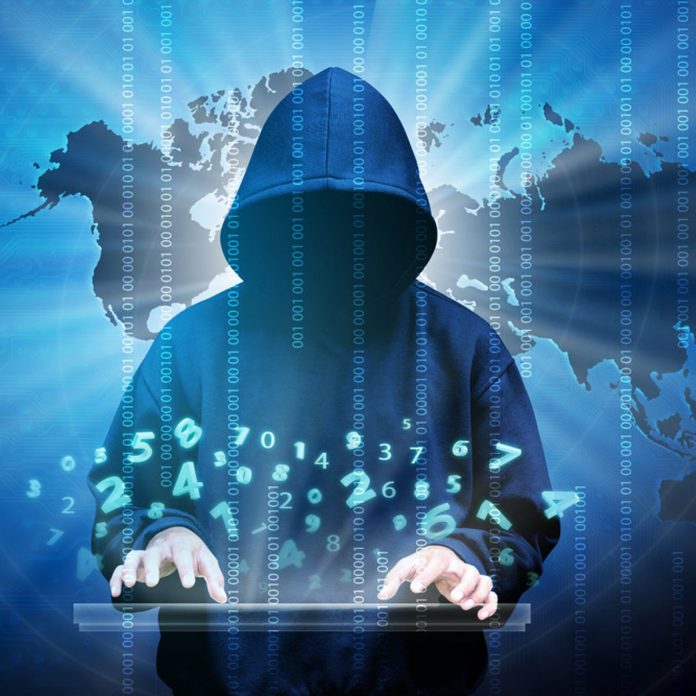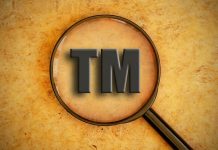
This article has been written by Ganji Rakesh and has been edited by Shashwat Kaushik.
This article has been published by Sneha Mahawar.
Table of Contents
Introduction
Since the last decade, the internet has expanded quickly. Users and business developers have often used the internet to advertise the products under their brand name by setting up a website and purchasing a domain name in the name of their company, which is registered in accordance with trademark law, so that the business developers can serve clients under the name of their company. However, the internet has also developed into a risky environment where someone can harm an organisation by stealing its domain name. A domain name is made up of a company’s trademark or symbol, which represents its recognition and high reputation in society.
What is cybersquatting
According to the World Intellectual Property Organisation (WIPO), cybersquatting is nothing but the unauthorised registration of an internet domain using a trademark or symbol that is close to or identical to a trade or service, which can be extremely damaging to the company. In essence, it works like first come, first served. Whoever registers a domain name first has the legal right to sue anyone who attempts to use a similar name or attempts to sell goods under a similar name. A firm can identify itself online by registering a trademark or a domain name. A domain name is assigned on a first-come, first served basis to the individual who pays a small fee and completes the registration form.
Pfizer Products Inc. vs. Mr. Altamash Khan And Anr. (2005)
Facts of the case
In the case Pfizer Products Inc. vs. Altamash Khan and Anr., The plaintiff (Pfizer) sought an ad interim ex parte injunction against Altamash Khan and another party from using the plaintiff’s trademark “VIAGRA”. The plaintiff also filed a second ad interim ex parte injunction order prohibiting the defendant from selling, alienating, or transferring the domain name “Viagra.in ” to any third party. During the course of the lawsuit, the plaintiff asked the Honourable Court to order the defendant to transfer the domain name in his favour.
A synthetic substance called “Viagra” is used to increase male potency. Senior counsel Mr. Sudhir Chandra spoke on behalf of the plaintiff, stating that Pfizer is one of the top pharmaceutical companies in the world, has clients all over the globe, and manufactures VIAGRA. He also noted that “viagra.com” already stands for the name of the plaintiff trademark, which was registered in 147 other countries besides India. In India, a trademark registration application has already been made and is currently pending, as Sudhir Chandra noted before the Court. The Oxford English Dictionary includes the definition “Synthetic compound used to enhance male potency” for the term “Viagra”.
According to Pfizer, a domain name is essential for the firm to operate in the modern world’s continually increasing internet. The counsel of Pfizer cited the cases of Acqua Minerals Limited v. Pramod Borse and Anr. and Eicher Limited v. Web Link India, in which the court had directed the respondents to transfer the domain name in favour of the plaintiff. This is what is happening in the current case. after consulting several printouts from the Indians. IN Registry. There are two specified timeframes for.IN domain name registration, the plaintiff’s counsel has noted. The first, known as the “Sunrise” period, permits verified trademark owners, businesses, and intellectual property owners to safeguard their domain names. The general public can register their domain names “directI” during the second registration period. INRegistry published a list of authorised registrars with accreditation. One such certified Registrar is “DirectI.” Authorised resellers may be appointed by recognised registrars. The first defendant is a licensed retailer of the aforementioned accredited registrant, “DirectI.”
Pfizer was aware of the scheme, according to Altamash Khan’s representative, but did not submit an application for registration during the “Sunrise” period. The counsel also mentioned that Pfizer was aware of the “.IN Internet Domain Name Policy Framework and Implementation” document issued by the Indian Government. Additionally, Altamash Khan’s attorney said that after the broader public was made aware of the scheme, Altamash Khan acted quickly to seize it. Therefore, it falls under the “first come, first serve” principle. Mr. Mubashir Patel had, on behalf of its client, applied for the domain name “viagra.in” under the general category when registration for the public began on February 16, 2005.
Analysis of the case
Except for India, the plaintiff has registered the trademark VIAGRA in 147 nations, clearly demonstrating that the plaintiff has registered as “www.viagra.com” globally and spent a significant amount of money developing the product and trademark “Viagra”. demonstrating that the plaintiff has a justifiable interest in safeguarding its brand.
The only reason Altamash Khan is putting the domain name “Viagra” up for sale . He bought the domain name specifically to sell it to a potential buyer. If so, it may be a strong indicator that the registration was made in bad faith, as defined in INDRP paragraph 6. If not, there may be a lot of confusion due to the similarity between “www.viagra.com” and “www.viagra.in”. However, the domain is inactive, and the product has already been introduced in India.
“Cybersquatting” can be used to describe the damage Altamash Khan did on Pfizer. Altamash Khan won’t suffer any harm if the domain name “Viagra.in” is directed toward Pfizer because the domain name was bought by Altamash Khan ostensibly for sale rather than for use in a new product.
Judgement of the Court
After hearing from both sides, the Hon’ble Delhi High Court ruled in favour of the plaintiff, finding that the plaintiff had a strong prima facie case. As a result, the plaintiff was entitled to an order directing the transfer of the domain name “viagra.in” to the plaintiff, subject to the case’s conclusion, with the stipulation that if the plaintiff loses, they must retransfer and pay compensation.
Prevention of cybersquatting
One should take precautions to safeguard his domain in order to prevent cybersquatting. There are a few strategies we can use to prevent cybersquatting.
- The earliest feasible trademark registration is advised. There is a chance that someone will unlawfully register your brand name before you. In the event of cybersquatting, the person who registered a trademark or symbol pursuant to the trademark statute may only seek legal assistance. However, trademark registration does not provide a guarantee or a right. only if generic terms make up the majority of it.
- Purchasing TLDs, such as.com,.org,.net, and.biz, can help prevent cybersquatting. Due to the possibility of cost savings and legal protection provided by TLDs domains. The TLDs will issue multiple reminders before the domain name expires, preventing cybersquatters from registering or targeting expired domain names. It is preferable to renew the domain name rather than paying more to buy it back from a cybersquatter.
- A few software tools can be used for prevention. Your brand can be shielded from cybersquatting by using Red Points’ domain takedown service. It can detect cybersquatting websites using some search engine tools, social media, and domain databases. On the other hand, it will automatically take down a fake domain and stop repeat offenders by learning their identities and gathering information. It may also be necessary to take legal action against someone who is trying to sell the domain to a competitor at a premium price in bad faith.
Conclusion
Cybersquatting is a phenomenon connected to the registration of domain names on the internet. The act of cybersquatting is illegal. To address the issue of cybersquatting, the United States has introduced the Anti Cybersquatting Consumer Protection Act (ACPA). Despite the fact that domain names are for business expansion, they have been abused by scammers. Numerous businesses are operating brilliantly in India but have not yet registered a domain name for their company names. Although there are no trademark acts in India like ACPA, we still address the issue of cybersquatting under the trademark act. The best way to prevent cybersquatting is to purchase top-level domains, register them as soon as possible, keep track of their expiration dates so that no one can purchase them before you renew them, and use a few software programs to check if any similar trademarks already exist before buying the domain name. You should also consult an attorney before doing any of these things, in order to reduce the likelihood of legal issues.
References
- https://sectigostore.com/blog/what-is-cybersquatting-what-to-know-how-to-prevent-it/
- https://www.redpoints.com/blog/what-is-cybersquatting/
- https://indiankanoon.org/doc/1551163/
- https://heinonline.org/HOL/LandingPage?handle=hein.journals/jlap3&div=14&id=&page=
Students of Lawsikho courses regularly produce writing assignments and work on practical exercises as a part of their coursework and develop themselves in real-life practical skills.
LawSikho has created a telegram group for exchanging legal knowledge, referrals, and various opportunities. You can click on this link and join:
Follow us on Instagram and subscribe to our YouTube channel for more amazing legal content.
 Serato DJ Crack 2025Serato DJ PRO Crack
Serato DJ Crack 2025Serato DJ PRO Crack










 Allow notifications
Allow notifications


